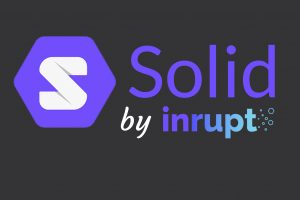Happy Dev and Startin’blox don’t have any employee. Zero.
Instead they have backlogs, or lists of tasks that need to get done. And there’s a whole lot of people working freelance to solve these tasks. Then there’s a governance involving those people on deciding what tasks need work. And most importantly, there’s a framework in which people can start their own projects, find a team, apply processes, get the job done, and get the money they need.

Let’s focus on people
When looking at a company, many people see an organization chart. Services, bosses, teams, hierarchy. We think of the company as an ecosystem, as a community. We don’t really care about what’s in the company, and what’s out. We just care about making sense, empowering people so that they make great projects, awesome products and being profitable.
Are the drivers of Uber part of the company? Are the developers of the App Store? The Chinese manufacturers of your phone parts? What about the customers? Beyond the legal question, all of them are part of the ecosystem. We want to stop focusing on the chart, and start focusing on the people. This is what we have in mind when we talk about communities.
Happy Dev and Startin’blox don’t have any employee. Zero.
Instead they have backlogs, or lists of tasks that need to get done. And there’s a whole lot of people working freelance to solve these tasks. Then there’s a governance involving those people on deciding what tasks need work. And most importantly, there’s a framework in which people can start their own projects, find a team, apply processes, get the job done, and get the money they need.



